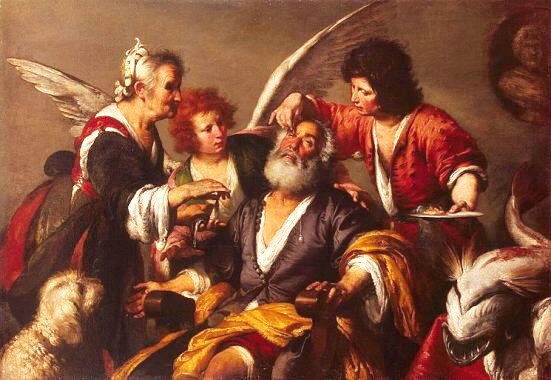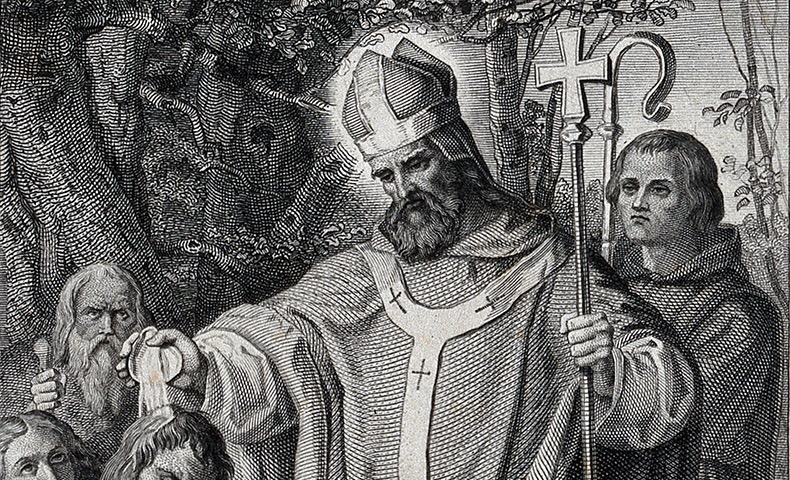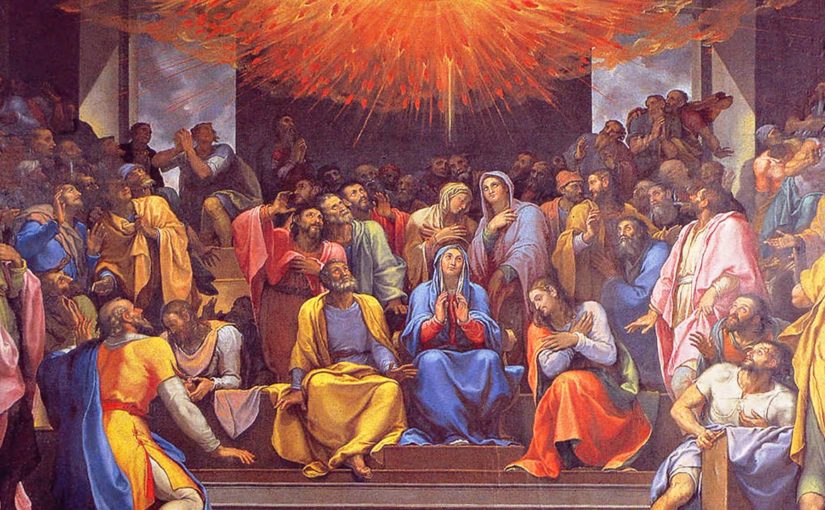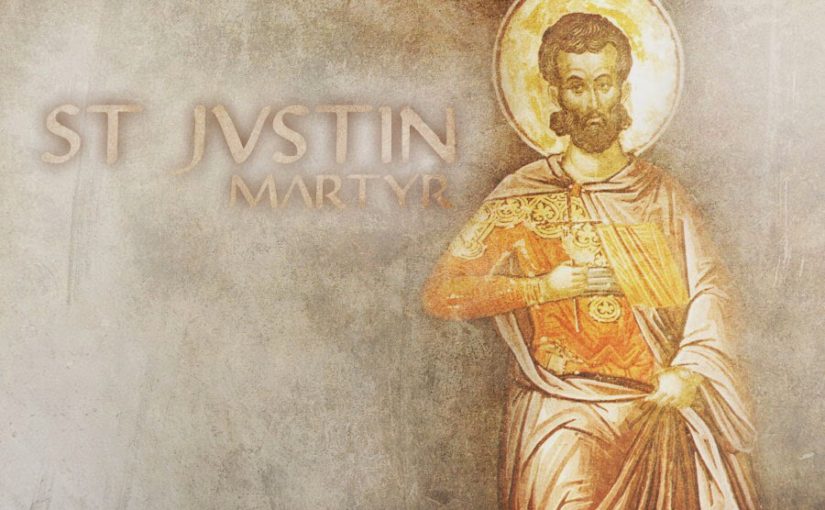Today’s readings
I believe in the Holy Spirit, the Lord, the giver of life,
who proceeds from the Father and the Son,
who with the Father and the Son is adored and glorified,
who has spoken through the prophets.
We say these words every Sunday, and unfortunately I think they can become a little rote. And that’s too bad, because they are beautiful words, and they have been given to us at great cost. We should pray them perhaps a bit more reflectively today, on this feast of the Holy Spirit.
So these words are the part of the Creed that speaks of the Holy Spirit, the Third Person of the Blessed Trinity, whose feast we celebrate today. Today is the birthday of the Church, the moment when the Spirit descended upon those first Apostles and was passed on through them to every Christian ever since. The Holy Spirit emboldened those first disciples and continues to pour gifts on all of us so that the Church can continue the creative and redemptive works of the Father and the Son until Christ comes in glory. That is what we gather to celebrate today.
At the Ascension of Christ into heaven, which we celebrated last Sunday, the apostles had been told to wait in the city until they were clothed with power from on high. This is exactly what we celebrate today. Christ returned to the Father in heaven, and they sent the Holy Spirit to be with the Church until the end of time. That Holy Spirit is absolutely necessary so that God can continue to work in the world and be in the world while Christ was no longer physically present.
I don’t know if we understand how radically the Holy Spirit changes things. The Fathers of the Church wrote about it very plainly. Saint Cyril of Alexandria writes: “It can be easily shown from examples both in the Old Testament and the New that the Spirit changes those in whom he comes to dwell; he so transforms them that they begin to live a completely new kind of life. Saul was told by the prophet Samuel: The Spirit of the Lord will take possession of you, and you shall be changed into another man. Saint Paul writes: As we behold the glory of the Lord with unveiled faces, that glory, which comes from the Lord who is the Spirit, transforms us all into his own likeness, from one degree of glory to another.”
And we do see the work of the Holy Spirit on those disciples of the early Church. They were confused people. They had no idea what to do now that Jesus had died and risen. Think about it. What if you were there? What would you have made of all that? Would you know what to do next any better than they would? I don’t think I’d do very well! But it was the Holy Spirit that changed them. And thank God for that, or we wouldn’t have the Church to guide us today!
The Spirit changed Peter from an impulsive, bumbling disciple to an Apostle of great strength. He shared his own gift of the Holy Spirit with many others, baptizing them and confirming them in the faith. He guided the Church from its rough beginnings to the birth of something great. The other Apostles likewise went out, bringing the Gospel and the gift of the Holy Spirit to all corners of the then-known world. Their witness eventually brought the Church to us, in our own day. The Spirit changed Saul from a man who oversaw the imprisonment and murder of Christians into Paul, a man who was on fire for the faith. His preaching and writing converted whole communities of Gentiles and helped them believe in the Gospel, and continues to inspire us in our own day.
The Holy Spirit has continued to work in the hearts and minds of countless saints through the ages, making up for any personal inadequacies they may have had and giving them the strength to teach truth, write convincing testimonials, reach out to the poor and needy, bind up the broken and bring hurting souls to the Lord.
That same Holy Spirit continues to work among us in our own day, if we are open, if we let him do what he wills. The Holy Spirit is still making saints, guiding men and women to do things greater than they are capable of all on their own, for the honor and glory of God. This is the Spirit who enables you to have words to speak to someone who is questioning the faith, or to a child who wants to know why the sky is blue, or to a friend who needs advice that you don’t know how to give. The Spirit even speaks for us when we are trying to pray and don’t know quite what to say to God.
The Spirit gives us the inspiration to do acts of mercy and love. It is the Holy Spirit who encourages you to take on a ministry at church, or to coach a softball team, or to look in on a sick friend or neighbor, or give an elderly parishioner a ride to church. It is the Spirit who inspires us to pray in new ways, to grow in devotion, to spend more time getting closer to the Lord. All in all, it is the Holy Spirit who helps us to find the way to heaven, the goal of all of our lives.
We should pray for the inspiration of the Holy Spirit every morning of our lives. It’s amazing how much that changes me over time. The prayer I learned at my Confirmation is as good a way to pray that as any, and maybe you know it too. If you do, pray along with me:
Come, Holy Spirit
fill the hearts of your faithful
enkindle in them the fire of your love.
Send forth your Spirit and we shall be created,
and you shall renew the face of the earth.
Amen.





You must be logged in to post a comment.